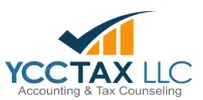Today we will learn about: what is the accountable plan?, and how it helps you save on taxes, and the steps to implement it while staying IRS compliant.
What is The Accountable Plan IRS Requirement and How Does It Work?
What Is the Accountable Plan IRS Requirement? The simplest answer is:
The Accountable Plan is an IRS-approved method for reimbursing employees’ business expenses without counting them as taxable income.
This plan excludes reimbursements for business-related expenses—such as travel, supplies, or meals—from employees’ wages, reducing overall payroll taxes.
To qualify for reimbursements, employees report expenses with a business purpose, provide proper documentation, and return any excess payments according to the Accountable Plan (A.P.) rules.
For a better understanding of compliant expense reporting, explore our tax management services.

Key Benefits of Implementing an Accountable Plan in Your Business
It is important understand using an Accountable Plan offers several advantages, including:
- Tax savings: Reduces the employer’s share of payroll taxes by excluding reimbursements from wages.
- Accurate financial reporting: Ensures that expense tracking aligns with IRS requirements.
- Employee satisfaction: Helps employees recover their out-of-pocket business expenses.
For personalized guidance on maximizing deductions, check out our tax planning services.
IRS Rules for Reimbursing Employee Expenses Under an Accountable Plan
To remain compliant with the IRS, your A.P. must meet these requirements:
- Business connection: The expense must relate directly to your business.
- Substantiation: Employees must provide receipts or proof of the expenses.
- Return of excess: Any amount reimbursed that exceeds the actual expense must be returned.
Our accounting services can help you maintain accurate records and ensure proper documentation.

Common Mistakes to Avoid When Using an A.P.
Avoid these errors to prevent penalties or disqualification:
- Paying non-business expenses: Reimbursing personal expenses disqualifies the plan.
- Lack of documentation: Failure to keep detailed records can trigger IRS audits.
- Unclear policies: Ensure that your plan guidelines are communicated clearly to employees.
To mitigate risks, consider using our consulting services for expert advice.
Steps to Set Up an Accountable Plan and Stay Compliant with IRS Regulations
Follow these steps to establish a compliant Accountable Plan:
- Draft a written policy: Define which expenses are eligible and how they must be substantiated.
- Implement tracking systems: Use spreadsheets or expense management software.
- Communicate with employees: Ensure they understand the documentation requirements.
For help creating an effective plan, schedule a consultation through our contact page.

Save More with Expert Guidance from YCCTAX
Finaly, implementing an Accountable Plan can lead to substantial tax savings while ensuring compliance. Our team at YCCTAX provides expert support to streamline your expense reporting and optimize your deductions.
Visit our services page to learn more about how we can assist your business.








